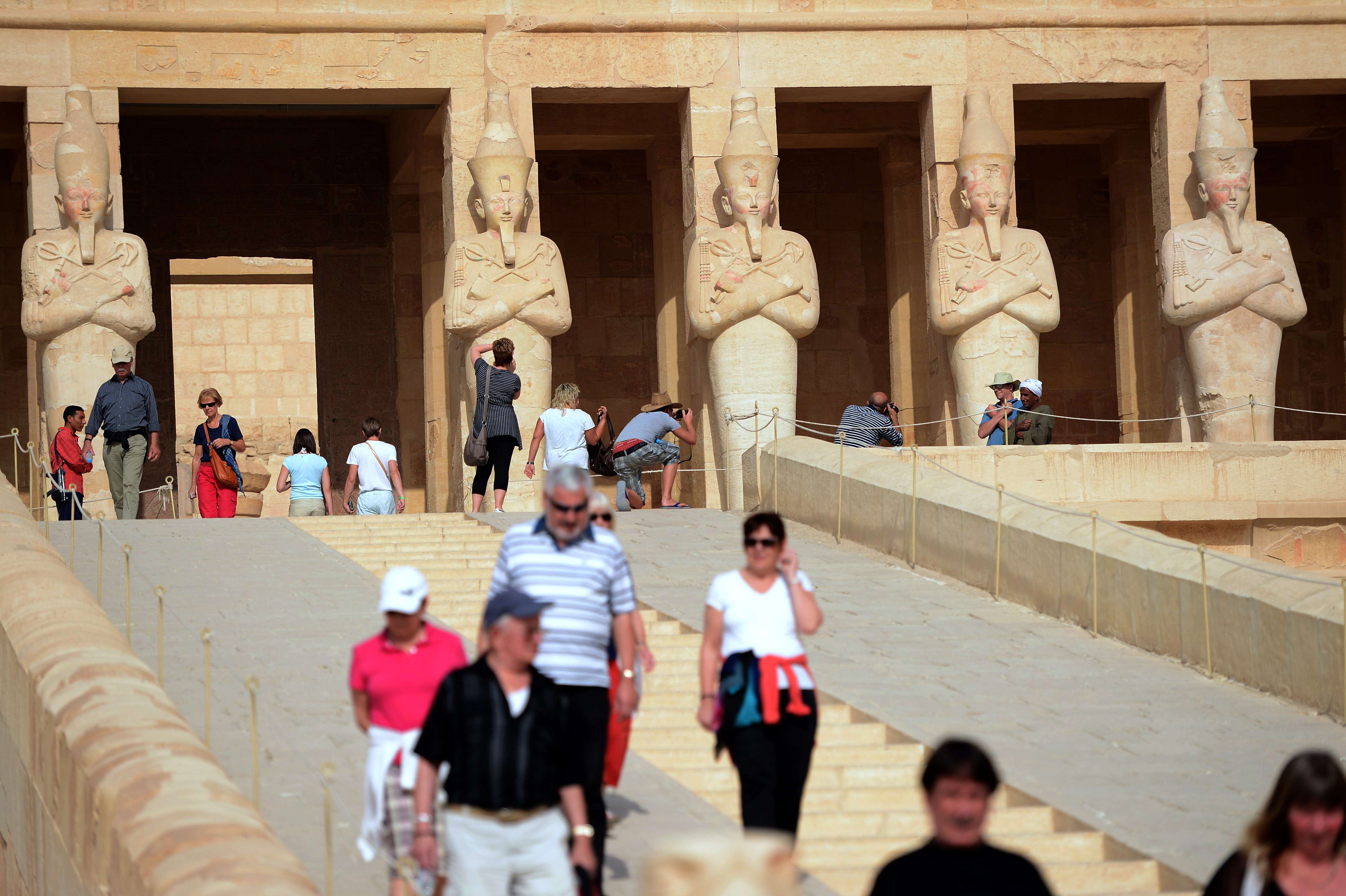DUBAI: Middle East markets slid on Sunday as unrest spread across the world’s top oil exporting region, and further selling is forecast, with investors cutting exposure despite a buoyant economic outlook.
"These are retail driven markets and retail investors put sentiment over science," said Haissam Arabi, chief executive and fund manager at Gulfmena Alternative Investments.
"Even though fundamentals are good, they would rather preserve their cash at this point. Political instability is getting priced in and I expect further selling pressure unless we see some clear, positive developments."
Kuwait’s index slumped to a seven-month low, Qatar fell to its lowest close since early December and the Oman, Abu Dhabi and Dubai benchmarks made their largest declines in three weeks, the latter falling 3.7 percent. Saudi Arabia slid to a three-week low.
Thousands of Bahraini protesters have set up a tent city in a square that has come to symbolize their cause.
"Investors are little more on edge — the whole story that this unrest was just about Egypt or North Africa, has taken a serious hit," said Akram Annous, a strategist at Al Mal Capital.
"Bahrain is a concern from an equity standpoint. There is now pretty clear geopolitical unrest in a (Gulf Arab) nation. How this is resolved will impact equity markets directly."
Bahrain protests come as unrest wracks other Middle East and North Africa countries, including Yemen and Libya, while popular revolt has forced long-standing rulers in Egypt and Tunisia from office, raising political risk on equity markets.
This is in contrast to bullish growth estimates. Qatar’s economy is forecast to expand 12.8 percent in 2011, while the GDP of the five other GCC members are all expected to rise by more than 3.5 percent.
"Financial news is secondary to political news right now," said a Dubai-based trader who asked not to be identified. "Foreigners are fleeing from anything related to the region."
Kuwait’s Zain fell 7.3 percent, its biggest drop in eight months after the telecoms operator rejected bids for a quarter-stake in its Saudi unit, putting Etisalat’s $12 billion takeover of Zain in doubt.
Zain Saudi fell 2.6 percent to a three-week low, while bidder Kingdom Holding dropped 3.3 percent.
"The rejection of the Zain Saudi offers increases uncertainty, hence the nervousness among investors and Zain’s share price falling," said Irfan Ellam, Vice President, and Al Mal Capital telecoms analyst. "Zain needs to find a buyer for its Zain Saudi stake and due diligence will take time."
Firms of the Kharafi Group, the Zain shareholder eading the sale, fall. National Investments Co dropped 6.3 percent and National Industries fell 7.9 percent.
Kuwait banks also slid, with Zain shares widely used by investors as collateral.
National Bank of Kuwait and Burgan Bank lost 4.4 and 3.8 percent respectively.
Kuwait’s index fell 2.5 percent to its lowest finish since July 6 and biggest drop since May 25.
Dubai’s Union Properties plunged 6.3 percent to a new all-time low, extending declines since its fourth-quarter loss increased five-fold.



